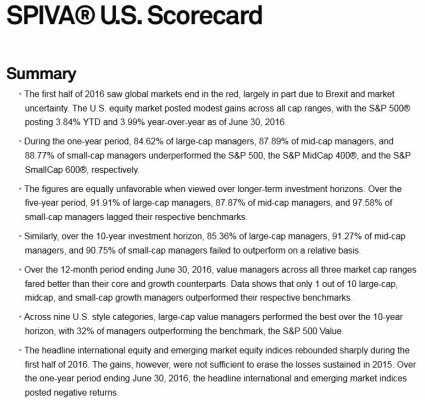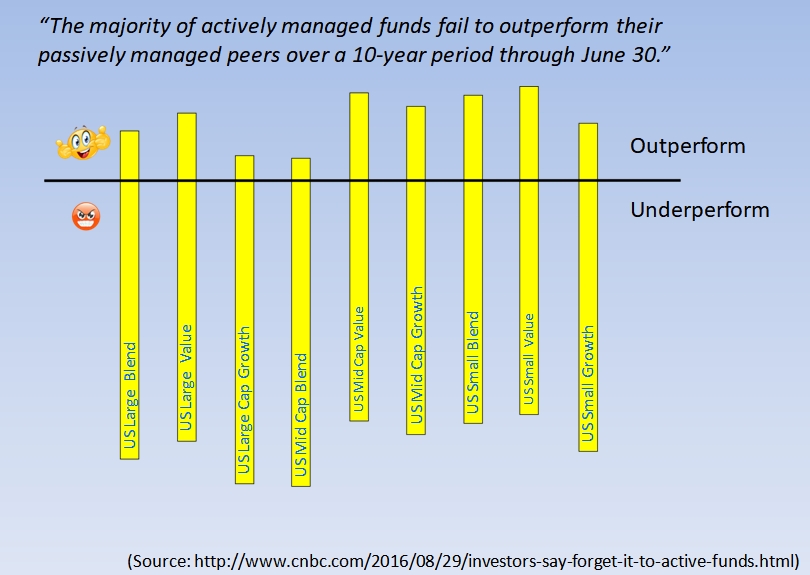I'm in a similar quandry with Meleana, the OP, but for different reasons. We have a sizeable 401K account with TRowe Price as well as IRAs and other 401Ks, but we've only spoken twice to a TRowe Price advisor, once when we retired in 2013 and recently last December when I inquired about moving half of my TRowe account funds to TSP. I've been quite happy with the online tools TRowe has for us. It serves my needs, though I don't really use it alot. (TRowe gives me a 97 percent confidence factor for retirement success, which is kinda strange since my Federal pension covers all of our retirement needs, and then some -- this confidence level is also dependent on the level of income you think you need for retirement with TRowe generally establishing a 70 percent baseline of your last annual income level.)
I have been DIYing most of the issues raised by Meleana, with occasional help from professionals in specific fields. I don't think there is a Jack-of-all-trades CFP who can handle all the issues raised: SS strategies, Tax issues, real estate relocation matters, investment portfolio management, and estate and legacy planning. Even those CFPs in the Garrett Network have their limitations -- and most will use the same software planning tools available to all CFPs -- and I have yet to find any CFP as knowledgeable as those posting here or on Bogelheads when it comes to Roth Conversions and tools available to optimize Conversions.
In our case, we were very comfortable with SS stratagies (I'm WEP reduced and took SS at 64; wife at 66 took spousal benefits on my PIA and will take her own retirement benefits at 70, in two years.) We use a trusted CPA for tax issues and our returns are fairly complicated with personal and partnership returns. I file my BIL's tax return as he has MS and no longer capable of managing his financial affairs. And I file a 1041 Trust Return for an Irrevocable Trust my MIL established shortly before she passed away in 2017.
Our professional support for estate planning, including MIL's plans were primarily our estate planning lawyer and tax software, but a lot of this legwork -- funding Trusts, re-tiltling assets, selling assets, etc -- was done by ourselves. Similarly, relocation issues -- we moved from Virginia to NC -- were primarily addressed by skillful real estate agents and we also had a complicated 1031 exchange issue which we handled by ourselves with a 1031 exchange intermediary. And for Medicare and other health insurance issues, we don't believe any of the "advice" we've seen from Medicare insurance specialist and literature covers the waterfront as well as information from online blogs like M. Kitces, especially when it comes to IRMAA issues.
Though I feel very confident going forward that we can continue to manage all of our financial house, as the primary financial caretaker in my family with a spouse that is not very interested in these matters, it makes sense to me to enlist the aid of a CFP primarily for succession planning. If I'm no longer around (or if both of us are no longer around to tell our heirs about estate issues), I'd want a professional/CFP to be knowledgeable about our financial resources to help the survivor or heirs navigate, initially, our financial assets. Also, a once a year check-up or review by a CFP would be a good idea to ensure that our plans aren't de-railed by potential cognitive issues like dementia or CRS ("Can't Remember Sh*t) and it would be a good way to brief the less financial knowledgeable spouse about finanical matters, annually.



